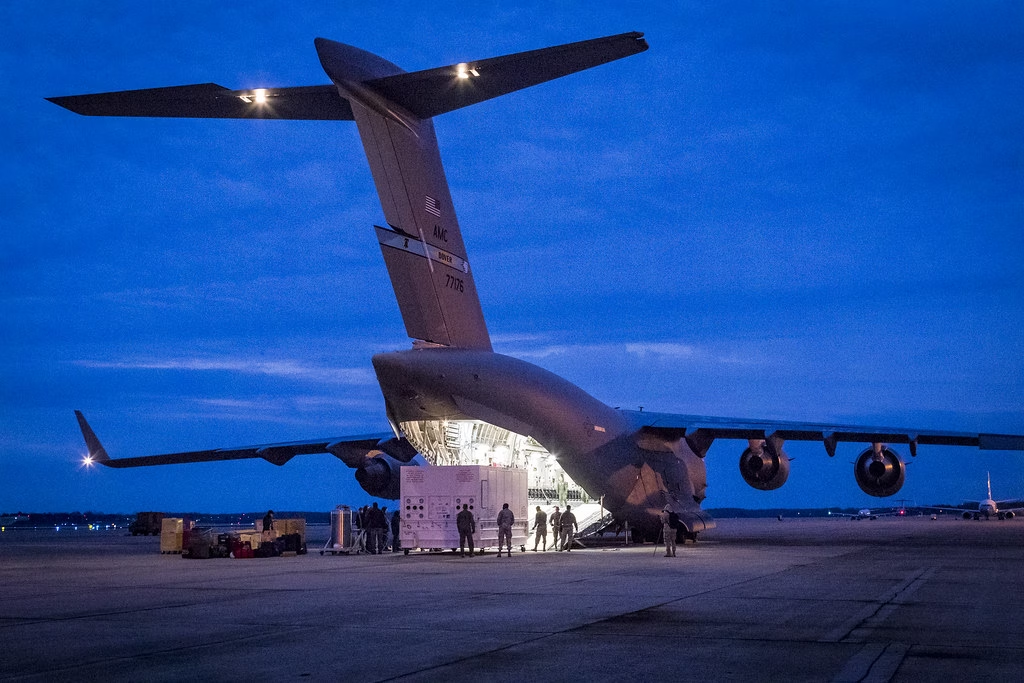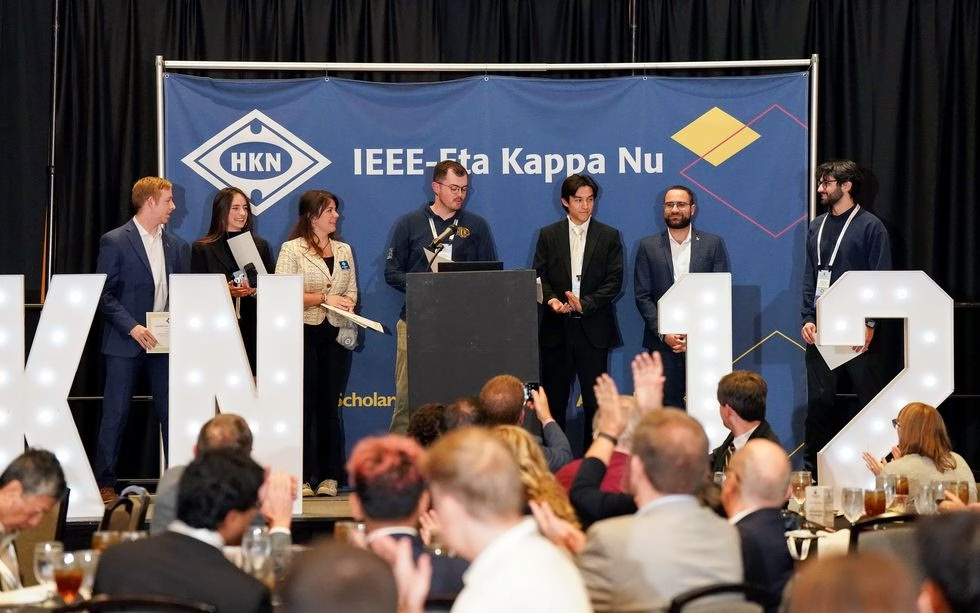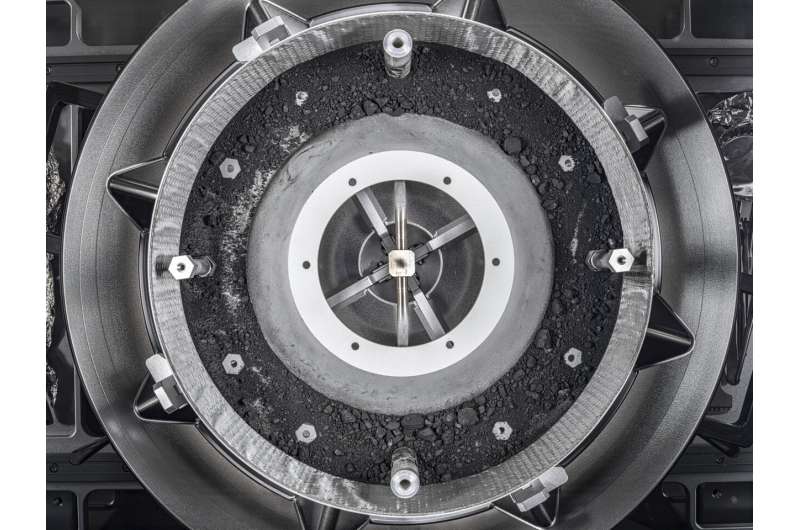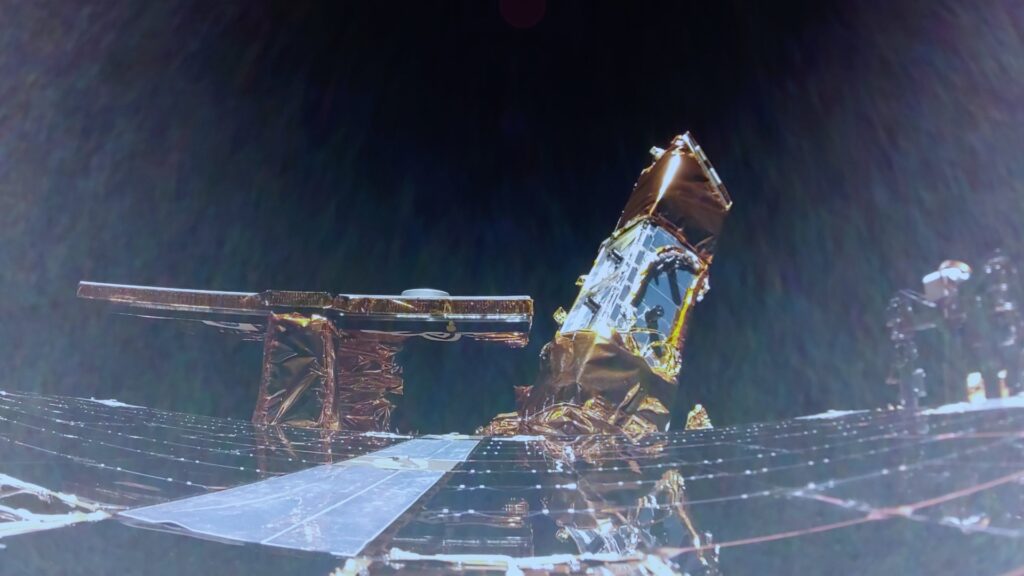NASA extends ISS cargo contracts through 2030
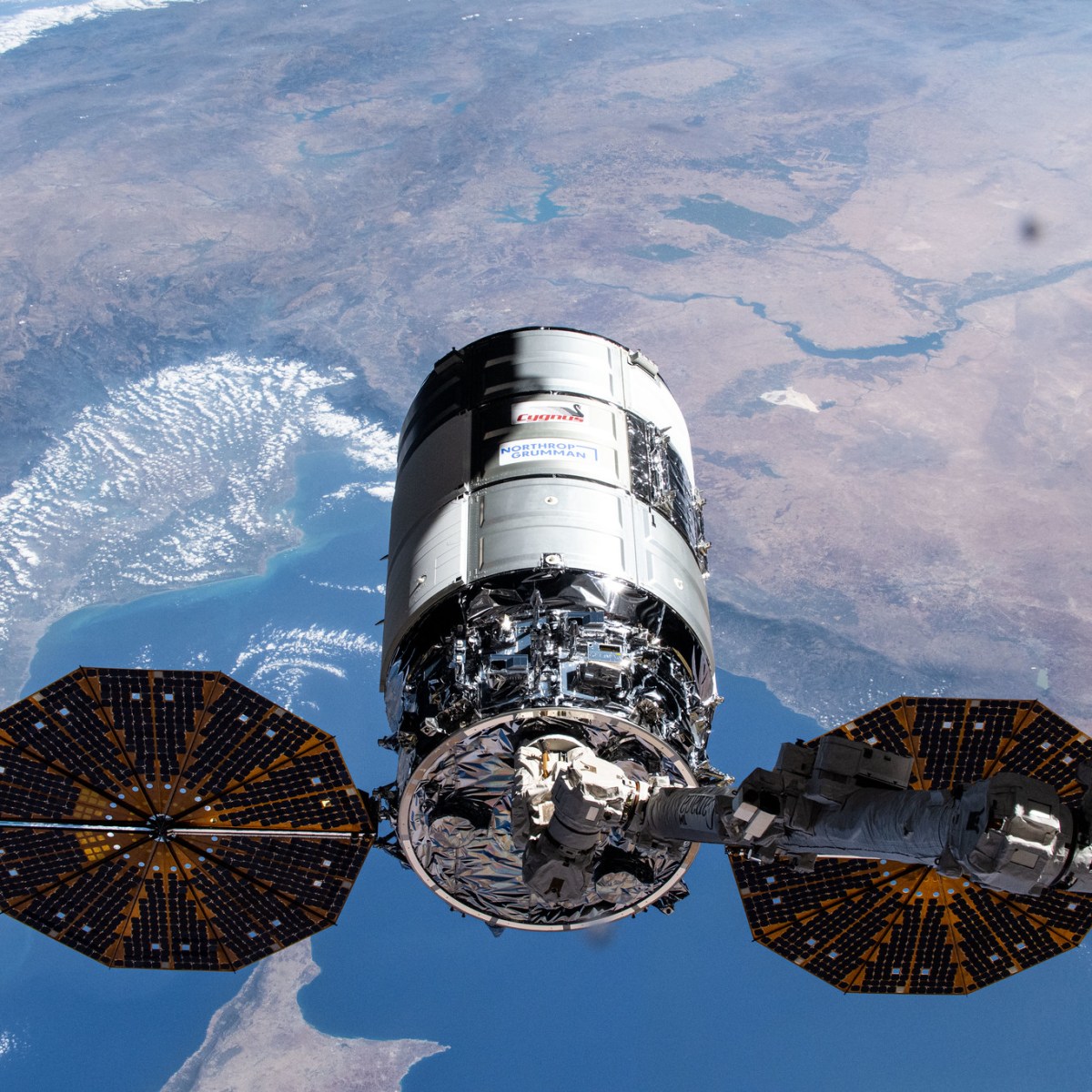
NASA Space Technology

WASHINGTON — NASA has extended three contracts with companies to continue providing transportation of cargo to and from the International Space Station through the projected end of the station’s life in 2030.
In procurement filings Nov. 8, NASA stated it planned to extend the existing Commercial Resupply Services (CRS) 2 contracts with Northrop Grumman, Sierra Space and SpaceX that were set to expire at the end of 2026 through the end of 2030. NASA’s current plans call for retiring the ISS in 2030.
The three companies received CRS-2 contracts in 2016, and NASA announced in March 2023 its intent to extend the contracts. “There are no other CRS-2 certified visiting vehicles in the current marketplace for providing cargo resupply to the ISS,” NASA stated in a document justifying the extension of the three contracts. “Extension of the existing contracts is the most effective means of ensuring continued provision of these services for the extended duration of the ISS.”
NASA did, as part of the March 2023 announcement, seek information from companies who believed that they could carry out cargo transportation to the station. The agency said it received three responses, but concluded none of the companies could meet its requirements.
One response came from Gravitics, a company developing modules for future commercial space stations, including one called StarMax. “The response does not provide a description of an end-to-end cargo service capable of reaching, attaching, and departing the ISS, but suggests a next generation launch vehicle could get it to low Earth orbit,” NASA’s document states of StarMax. Other details about its concept are redacted in the public document.
A second response came from The Exploration Company, a European startup developing cargo return spacecraft. NASA noted that the company does not qualify as a “United States commercial provider” under federal law. “The 20-month-old company based in Munich, Germany does not meet this nor the other restrictions in the CRS-2 contract regarding certain foreign purchases and export control,” NASA stated. Other details about its proposal are redacted.
A third response came from GEPA Logistics, which NASA described as a British company that handles land, sea and air cargo transportation but does not appear to have any experience in space transportation. “GEPA Logistics’ capabilities statement lacked any description of a spaceflight capability that would provide end-to-end cargo services with low earth orbit capability to the ISS,” NASA stated.
While rejecting all three companies, one of them may yet reach the ISS through other means. The European Space Agency selected The Exploration Company, along with Thales Alenia Space, for study contracts in May for that agency’s own commercial cargo program. The goal of that effort is for at least one company to fly a demonstration mission to the ISS by 2028.
The CRS-2 contracts have a combined not-to-exceed value of $14 billion, and NASA stated in its justification that extending the contracts to 2030 will not cause them to hit that limit, although it redacted the funding spent to date on them. According to federal procurement databases, NASA has obligated $2.7 billion to Northrop Grumman, $1.4 billion to Sierra Space and $2.8 billion to SpaceX to date, for a total of $6.9 billion.

Jeff Foust writes about space policy, commercial space, and related topics for SpaceNews.He earned a Ph.D. in planetary sciences from the Massachusetts Institute of Technology and a bachelor’s degree with honors in geophysics and planetary science…More by Jeff Foust
Discover more from Tamfis Nigeria Lmited
Subscribe to get the latest posts sent to your email.



 Hot Deals
Hot Deals Shopfinish
Shopfinish Shop
Shop Appliances
Appliances Babies & Kids
Babies & Kids Best Selling
Best Selling Books
Books Consumer Electronics
Consumer Electronics Furniture
Furniture Home & Kitchen
Home & Kitchen Jewelry
Jewelry Luxury & Beauty
Luxury & Beauty Shoes
Shoes Training & Certifications
Training & Certifications Wears & Clothings
Wears & Clothings







